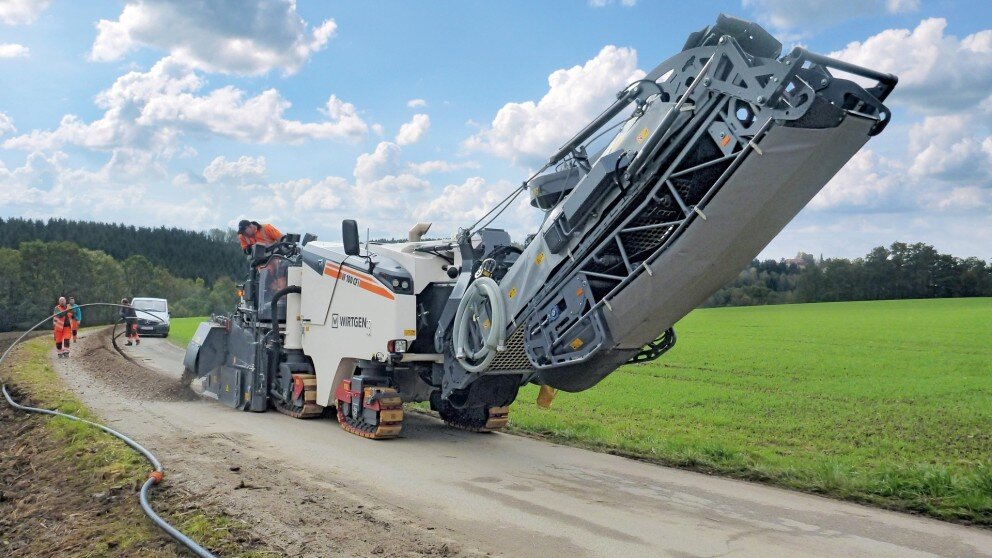ITC Finally Rescinds Exclusion Order Enforcing Invalidated Patent
Construction machine manufacturers Caterpillar and Wirtgen are embroiled in a two-sided patent dispute involving large road-paving machines. The dispute included two ITC investigations, both resulting in import bans for certain models made by each company. In one of the investigations—Road Construction Machines (Inv. 1088)—the ITC issued an exclusion order against Wirtgen based on infringement of a patent later determined by the Patent Trial and Appeal Board to be improperly granted.

Remarkably reluctant to delay its own work or defer to another agency, the ITC has developed a confusing and inconsistent posture toward parallel PTAB proceedings and decisions. The ITC’s general lack of deference to PTAB is one of numerous quirks that make Section 337 litigation arbitrarily more favorable for patent owners than federal district court.
In the 1088 investigation, the PTAB’s final written decision deeming the patent invalid came about 6 months after the ITC had already issued an exclusion order. The Commission denied Wirtgen’s request to stay enforcement of the order, stating that “final written decisions of the PTAB are neither final nor binding” until the appeal process is completed. The trade agency then found that “a stay of the remedial orders during appeal would substantially harm Caterpillar because it would be deprived of the only relief available under section 337 during the pendency of the appeal.”
Here’s what I wrote about that decision at the time:
So according to the Commission, PTAB decisions under appeal are meaningless but ITC decisions under appeal must be enforced immediately to prevent “complete deprivation” of relief. This is an impressively self-serving analysis.
What we have here are two conflicting decisions from different federal agencies that cannot both be correct. That conflict will necessarily be resolved by the Federal Circuit, and Caterpillar will have to win both appeals in order to justify an exclusion order.
In the meantime, the ITC is deliberately imposing injunctive relief to enforce a patent that PTAB has deemed invalid. In balancing the harms from this decision, the Commission doesn’t consider at all that an exclusion order based on an invalid patent would necessarily harm the respondent and the public without promoting innovation, upholding intellectual property rights, or preventing unfair trade practices.
The appeal process has now concluded (when Caterpillar withdrew its appeal), and the ITC agreed on May 14 to rescind the exclusion order—which was in force for 17 months after the patent was deemed invalid by the Patent Office.









